
There are phenomena which science will never be able to explain, because it doesn’t use the appropriate methods.

There are phenomena which science will never be able to explain, because it doesn’t use the appropriate methods.
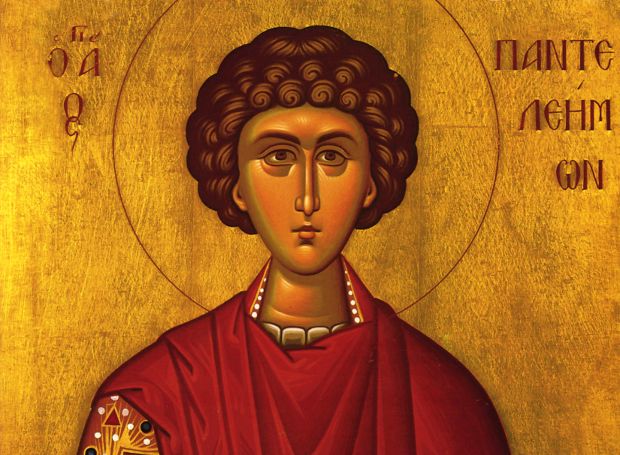
St. Panteleimon is a Saint well-known for miraculous healings, including people with incurable diseases. He came from Nicomedia in Bithynia, located in Asia Minor (now the city of Izmit, Turkey). It was here that the cruel Roman emperor Diocletian established his seat to rule the Eastern part of the Empire, and where countless Christians suffered horrific martyrdom by his order. Among those we honor are the 20,000 Holy Martyrs of Nicomedia (December 28th), who were burned during the persecutions. St. Panteleimon’s mother was a devout Christian named Euboula. From an early age, she took great care in giving a Christian education to her child, whose birth name was Pantoleon. She reposed early in the Saint’s life, and has also been ...
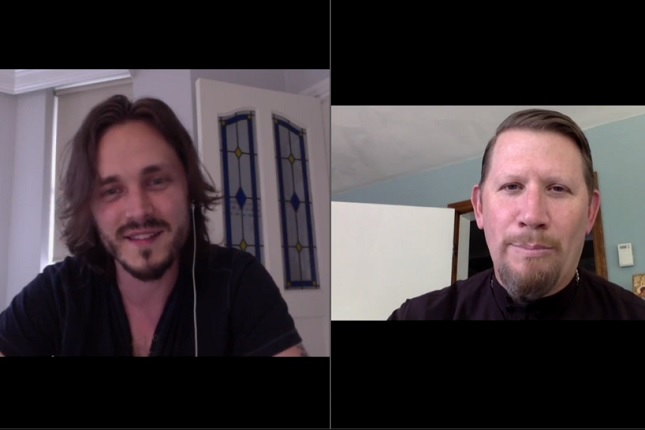
Watch the online discussion with Jonathan Jackson and Fr. John Parker, Dean of St Tikhon’s Orthodox Theological Seminary, Pennsylvania. The discussion took place on June 30 2020, during the online seminary ‘Living Waters-Transmitting the Apostolic Faith to America Today-The Feast of the Holy Apostles’.

Question: Can you tell us a few words about negative and positive vigilance? Answer: Negative vigilance is when we resist the attacks of bad thoughts. As soon as they appear, we lift our mind to God saying, ‘Lord, my enemies have come, defend me against them,’ and we try not to allow our mind to give in. Saint Sophrony had a saying: ‘Do not surrender your mind (не дай ума)’, that is, do not give in to the thought of the enemy which assaults you. Negative vigilance is to say ‘no’ to every bad thought that approaches us. Father Sophrony would tell us that all the bad thoughts will go through us so that we may say ‘no’ to all of ...
There are ecclesiastical terms which, I think, are difficult today for people to understand. One such is ‘The Kingdom of God’. It seems to refer to dominion, authority, and dominance. This is why, when we say ‘May the Kingdom of God come to pass on earth’ or ‘Your will be done on earth as it is in heaven’, it may well be taken as a prayer for the abolition of the governments and authorities in the world and the institution of government by God and His own people. This expectation began with heretical doctrines, but it seems to have persisted in some Church circles to this day, not as teaching but as the conviction among some of the clergy and laity, ...
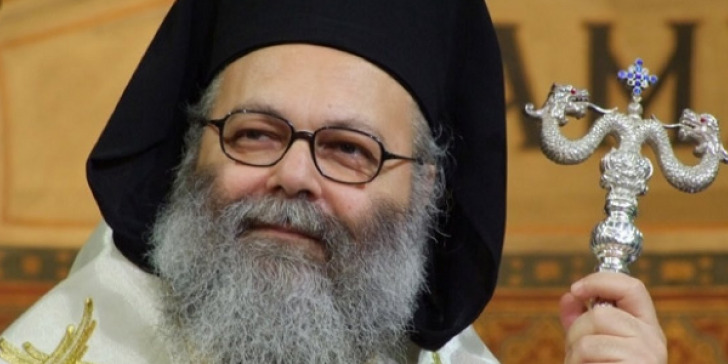
By the mercy of God Almighty John X Patriarch of Antioch and All the East to My brothers, Pastors of...
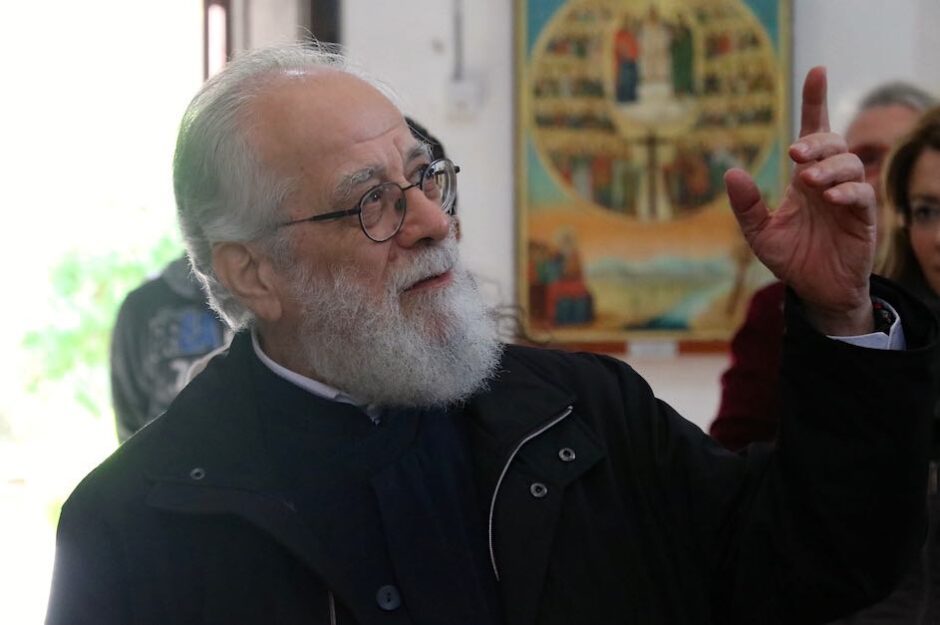
It has been 46 years since the Turkish invasion of Cyprus led to the partitioning of the island, the northern...
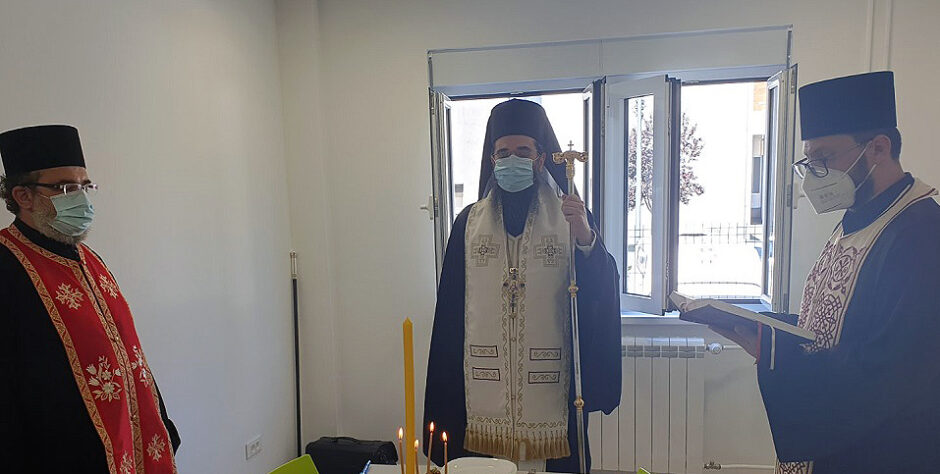
His Grace Bishop Arsenije of Nis Arsenije performed the rite of blessing of premises of the newly built laboratory «Fiery...
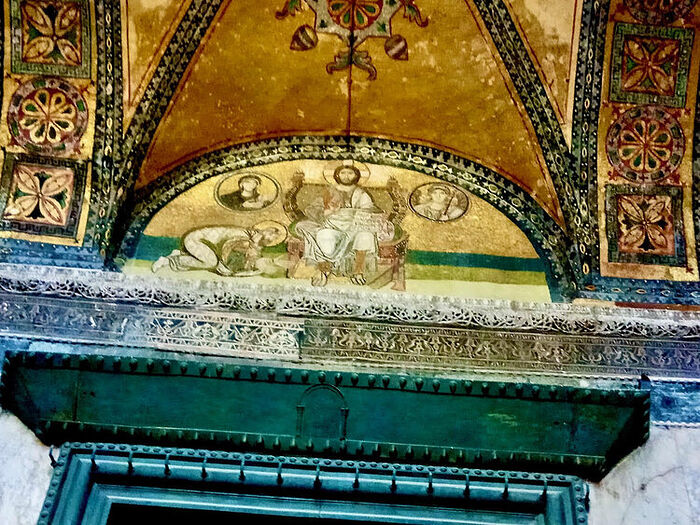
A voice of deep sorrow from the center of the Sinai desert, the Monastery of St. Catherine of the Holy...
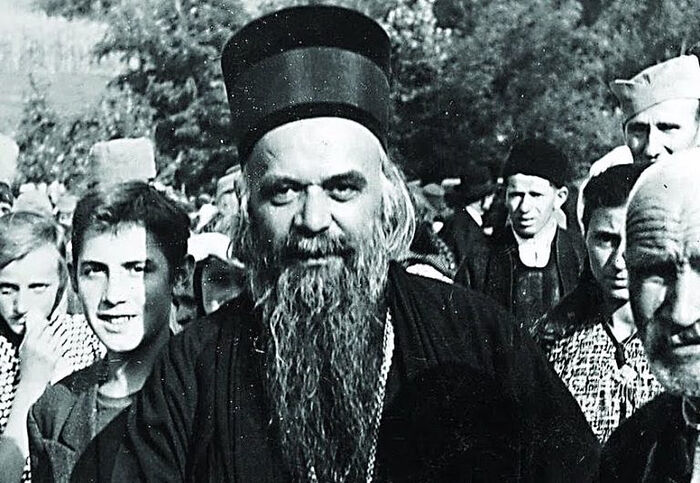
Photo: volgeparhia.ruSt. Nikolai (Velimirović) is revered as one of the greatest saints of the 20th century. His gift for fiery...
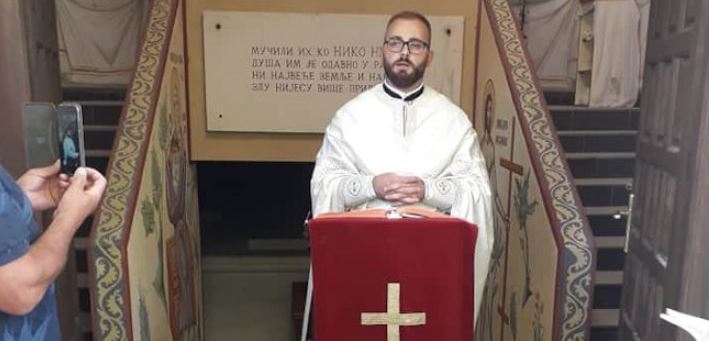
On the occasion of the 79th anniversary of the Ustashas’ killing 1,600 Serbs in the Livno field, the Holy Liturgy...

The more cantankerous, wicked and treacherous people are, the more unhappy they feel. The weaker their faith and the more inadequate their love, the less strong and competent they feel. Those who don’t believe and who hate their neighbor are the most miserable of people.
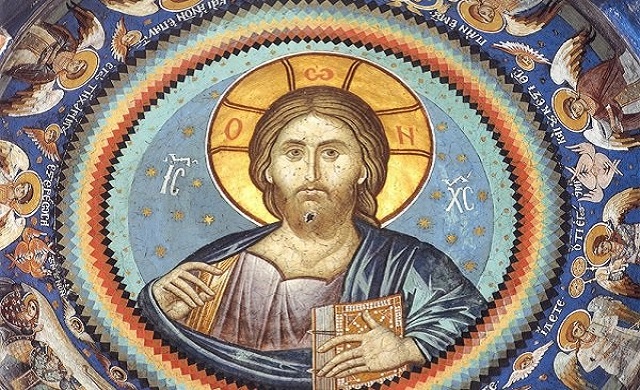
Feeding the hungry people in Palestine was a Messianic sign: someone who gave food to the multitudes, especially in a supernatural way could not be other than the awaited Messiah. This is why, at the moment of temptation after His baptism, Satan says to Christ: ‘If you’re the Son of God, make these rocks into loaves of bread’ (Matth. 4, 3; Luke 3-4), only to be given the answer that people don’t live by bread alone, but by every word which comes from the mouth of God. And yet, when He Himself judged the best moment to have arrived, He performed the miracle of the multiplication of the loaves and fed five thousand people. This event is related by all the ...
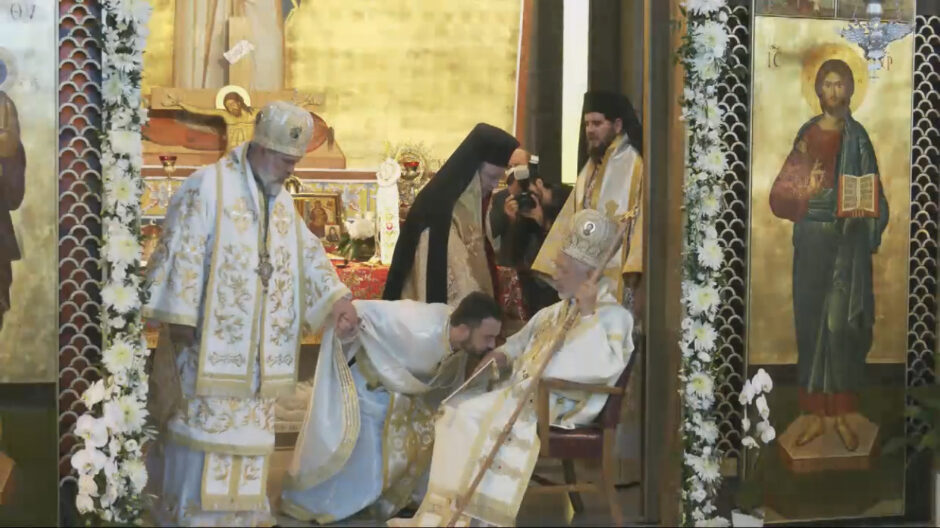
HG Ioan Casian, the Romanian Orthodox Bishop of Canada, participated on Thursday in the ordination of the third auxiliary –...
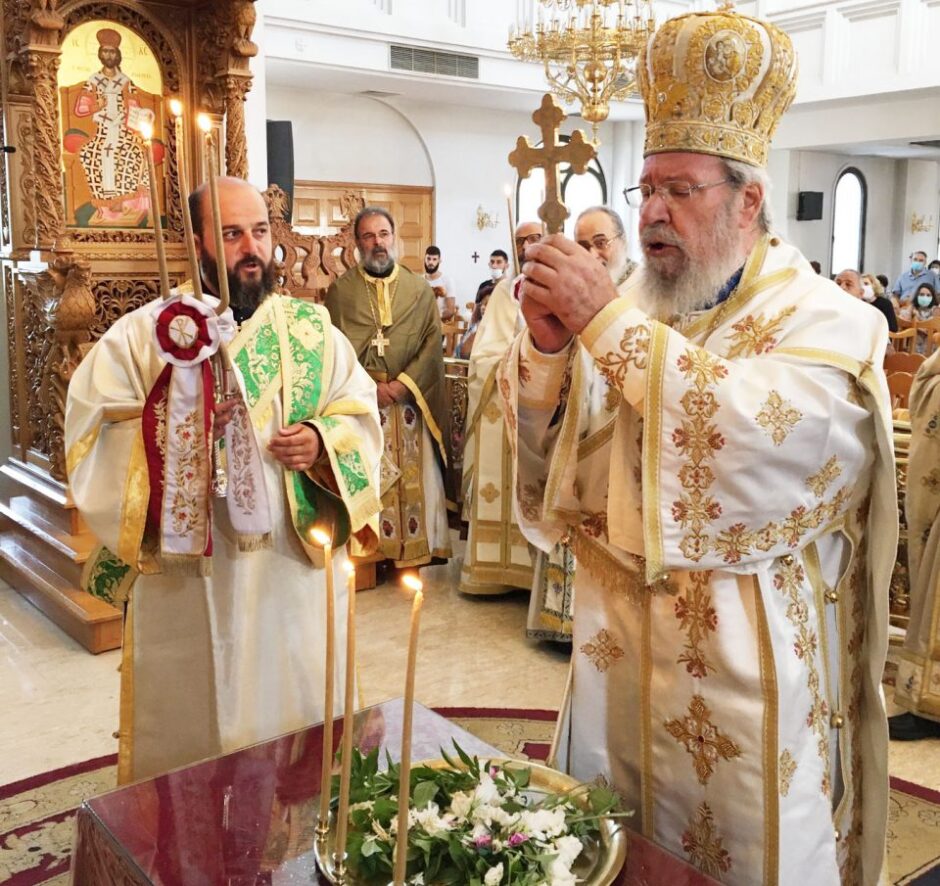
Archbishop Chrysostomos on Saturday cautioned the public to be careful saying it would be a shame for someone to spread...

It’s a resurrection nearly 20 years in the making. Construction will resume Monday on the new St. Nicholas Greek Orthodox...
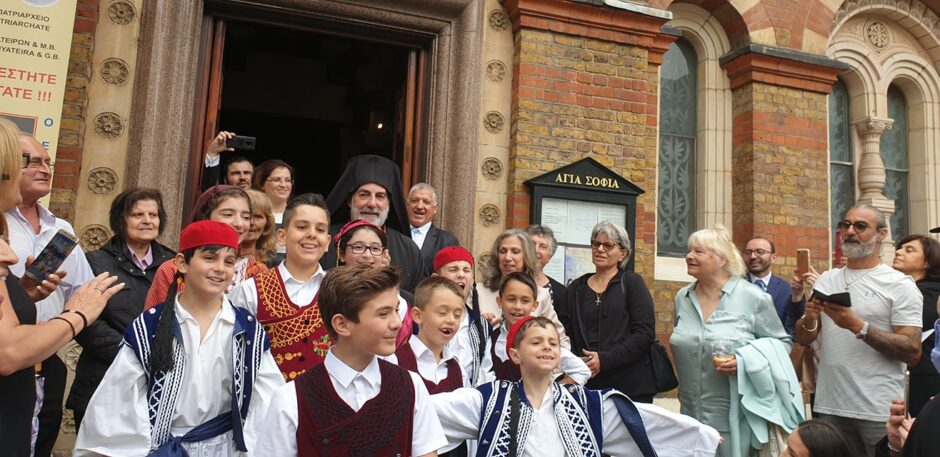
From April until the last Sunday of July the Archdiocese hosted online ‘Sunday School’ classes for the young people of...
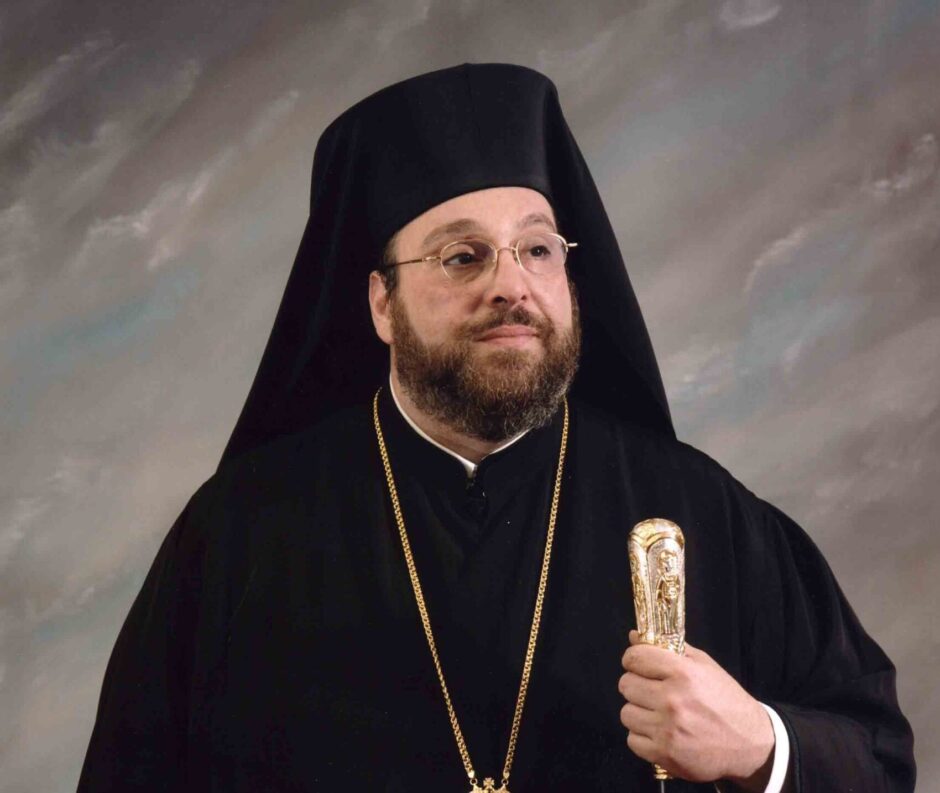
Transfiguration of our Savior 2020 The Very Reverend and Reverend Clergy Esteemed Members of the Metropolitan Council, Esteemed Members...
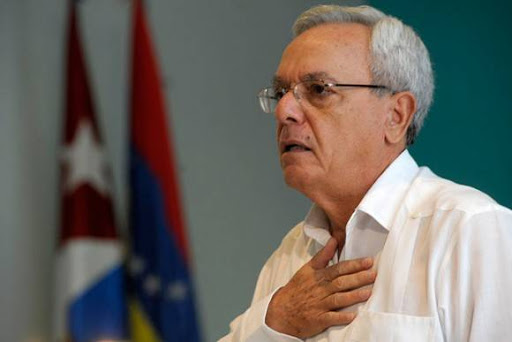
His All-Holiness, Ecumenical Patriarch Bartholomew expresses the profound sorrow of the Mother Church of Constantinople upon the passing of Eusebio...
Beloved Brothers and Sisters in the Lord, On August 1 when we begin the Fast of the Dormition, we are...